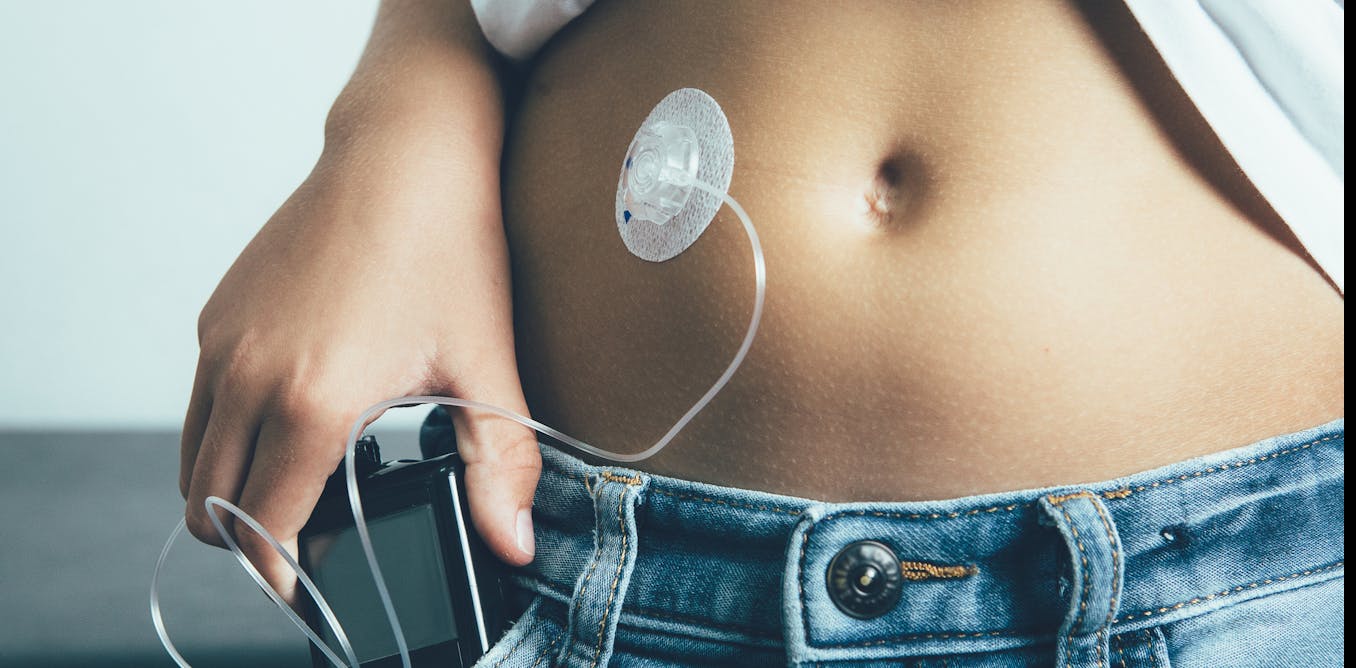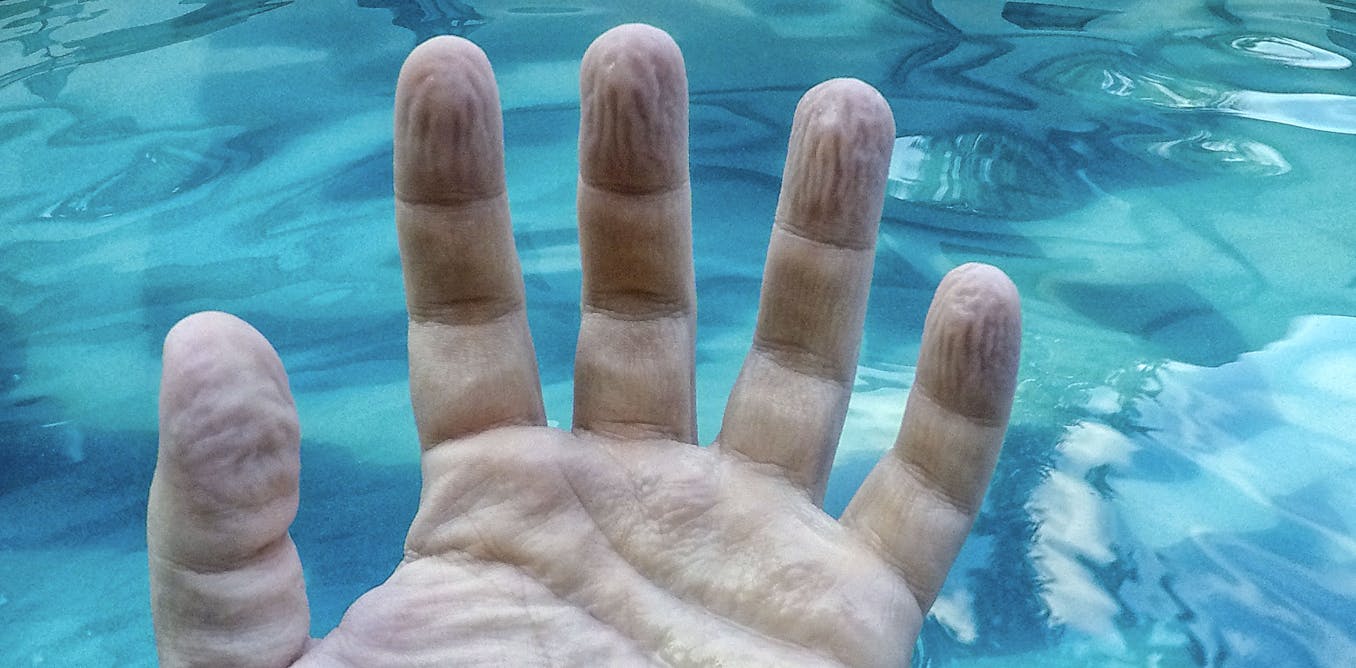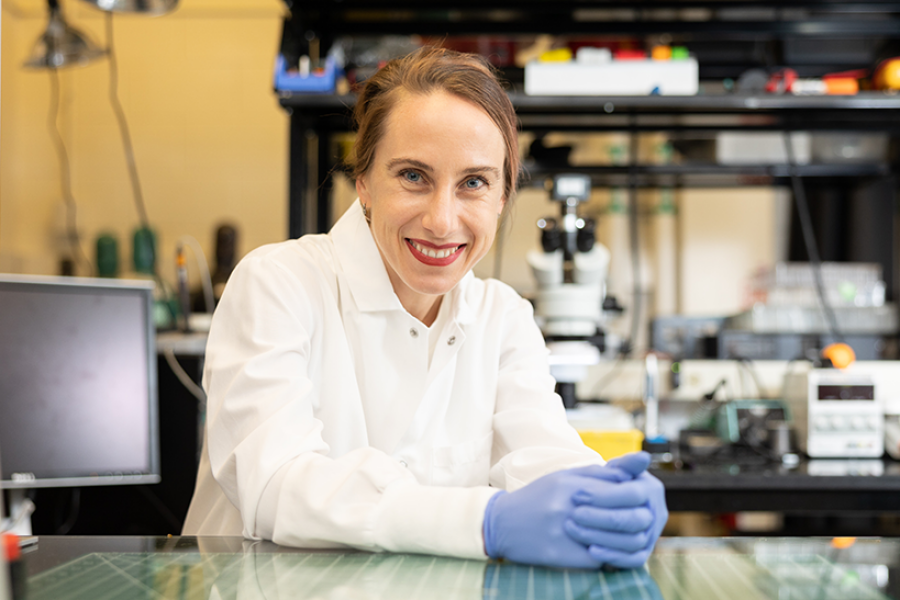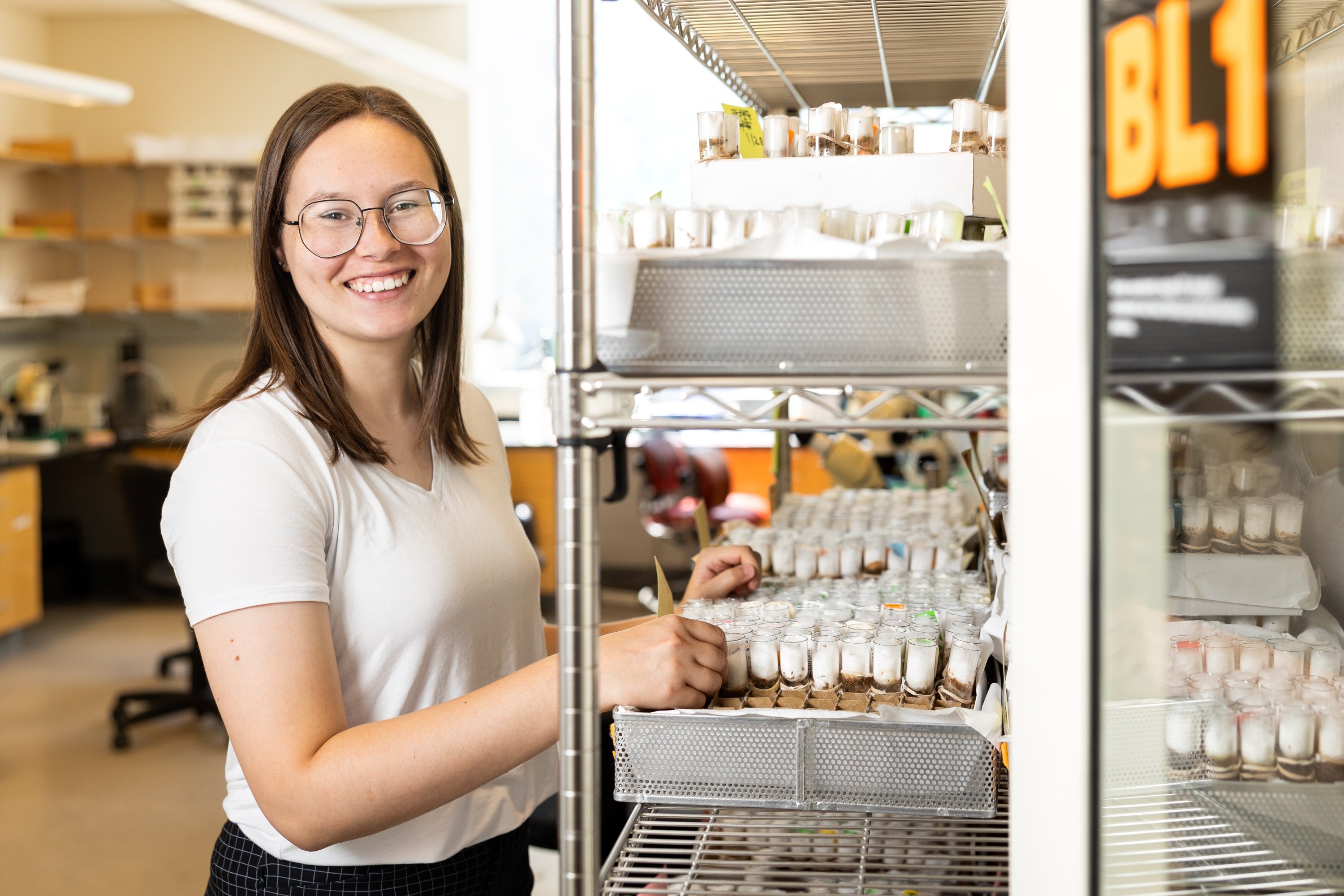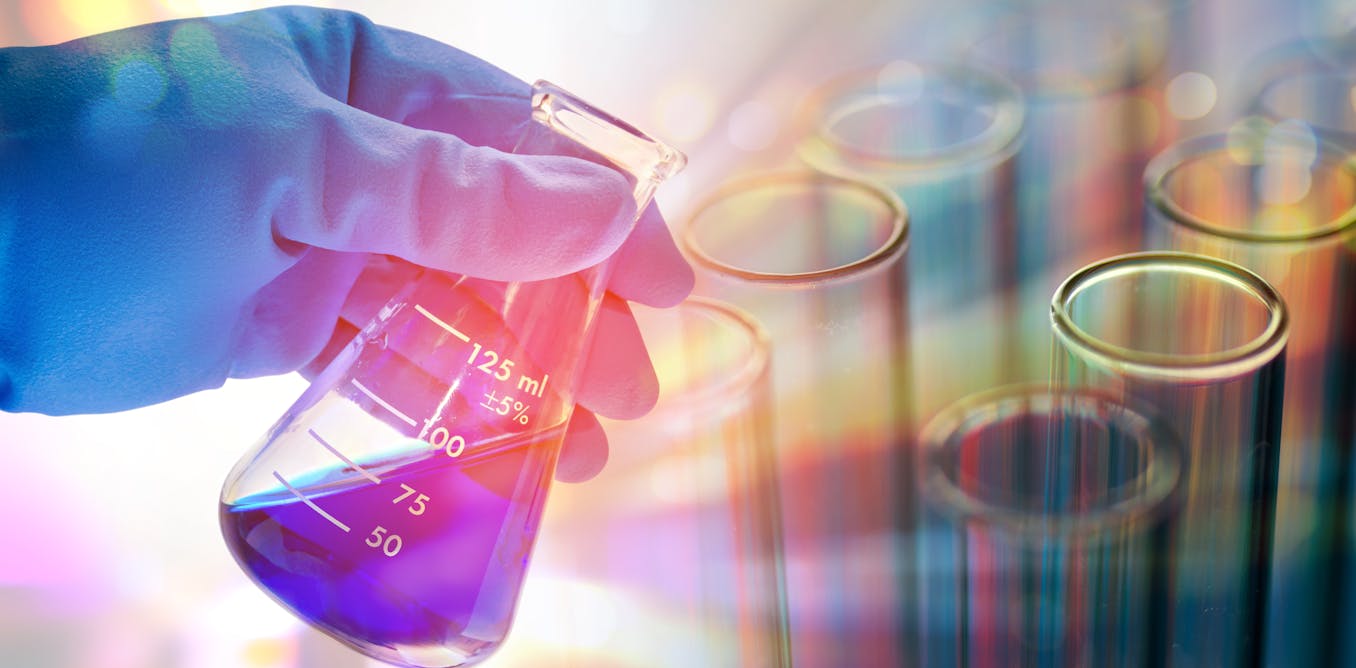Implants like pacemakers and insulin pumps often fail because of immune attacks − stopping them could make medical devices safer and longer-lasting
From breast implants to prosthetic knees, implants can trigger a foreign body response that results in your body rejecting them. Suppressing an immune cell gene could reduce this risk.
Sept. 25, 2023 • ~7 min

